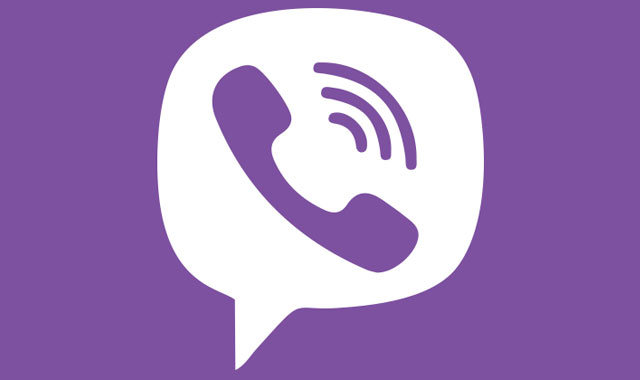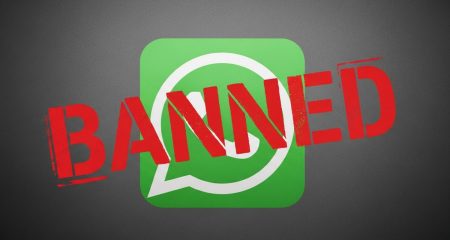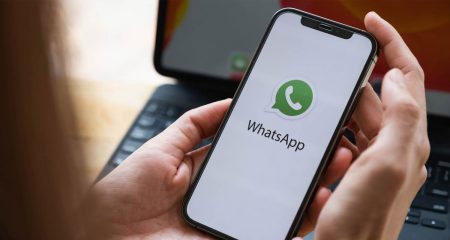
The newly named chief of Japanese retailer Rakuten’s messaging app Viber plans to quickly introduce new products to better compete with Facebook’s WhatsApp and Messenger as the market faces increasing regulation in the European Union.
CEO Djamel Agaoua plans to roll out in March a new version of the app, which will function more like a platform than a single-purpose app with features that will eventually include e-commerce and banking.
Users will be able to open a chat window with friends, look at restaurants, decide where to go and make a reservation — all without exiting Viber. Payment through the app is planned, but won’t be part of the initial roll-out, he added.
“My first priority is to expand the user base and make Viber available for every user to connect and communicate freely,” said Agaoua. “Second is security and privacy, and third is transforming Viber into a platform so services like those Rakuten provides can be provided to our users.”
Viber began encrypting messages in April, said Agaoua, whose appointment was announced on Thursday and who will be based in Israel where most of the company’s 350 employees work, primarily in research and development.
While the company will be able to say which users spoke to one another, it won’t be able to provide the content of messages, he added. “Even if we had a judge’s warrant, we wouldn’t be able to say what you said, because we don’t have it.”
Agaoua takes Viber’s helm as the European Union reviews regulation of Internet companies and messaging services, and considers extending telecommunications industry security rules to include limiting access to consumers’ data. A draft of the new rules unveiled in Brussels last month would give online users more control of their settings and limit the “overload of consent requests” for cookies people encounter when browsing the Web.
This month, Viber officials will be in the UK parliament, along with other global messaging companies, to explain how they work as part of what Agaoua called an “educational phase” in which the companies and regulators attempt to understand one another.
The global messaging market is growing. Online research portal Statista forecasts the number of users communicating via dedicated apps will reach two billion in 2018, up from one billion in 2014. According to digital intelligence company SimilarWeb, Viber is the most popular messaging service in eight countries surveyed, while Facebook Messenger was the favorite in 53 and WhatsApp in 96.
“Messaging apps are where users spend most of their time and messaging could become the operating system of the mobile device,” said Agaoua, who joined Viber from mobile ad company MobPartner, acquired by Cheetah Mobile, in 2015. “That is what I came for. The platform strategy will be coming in a month. Speed is the name of the game and we will try to run faster.”
Viber has also said it will offer free calls to those people affected by President Donald Trump’s travel ban. “We saw this incredible situation where people were stuck in airports and couldn’t communicate with families and couldn’t go back to their resident country,” Agaoua said. “It was strange to us and we decided to do something.” — (c) 2017 Bloomberg LP




